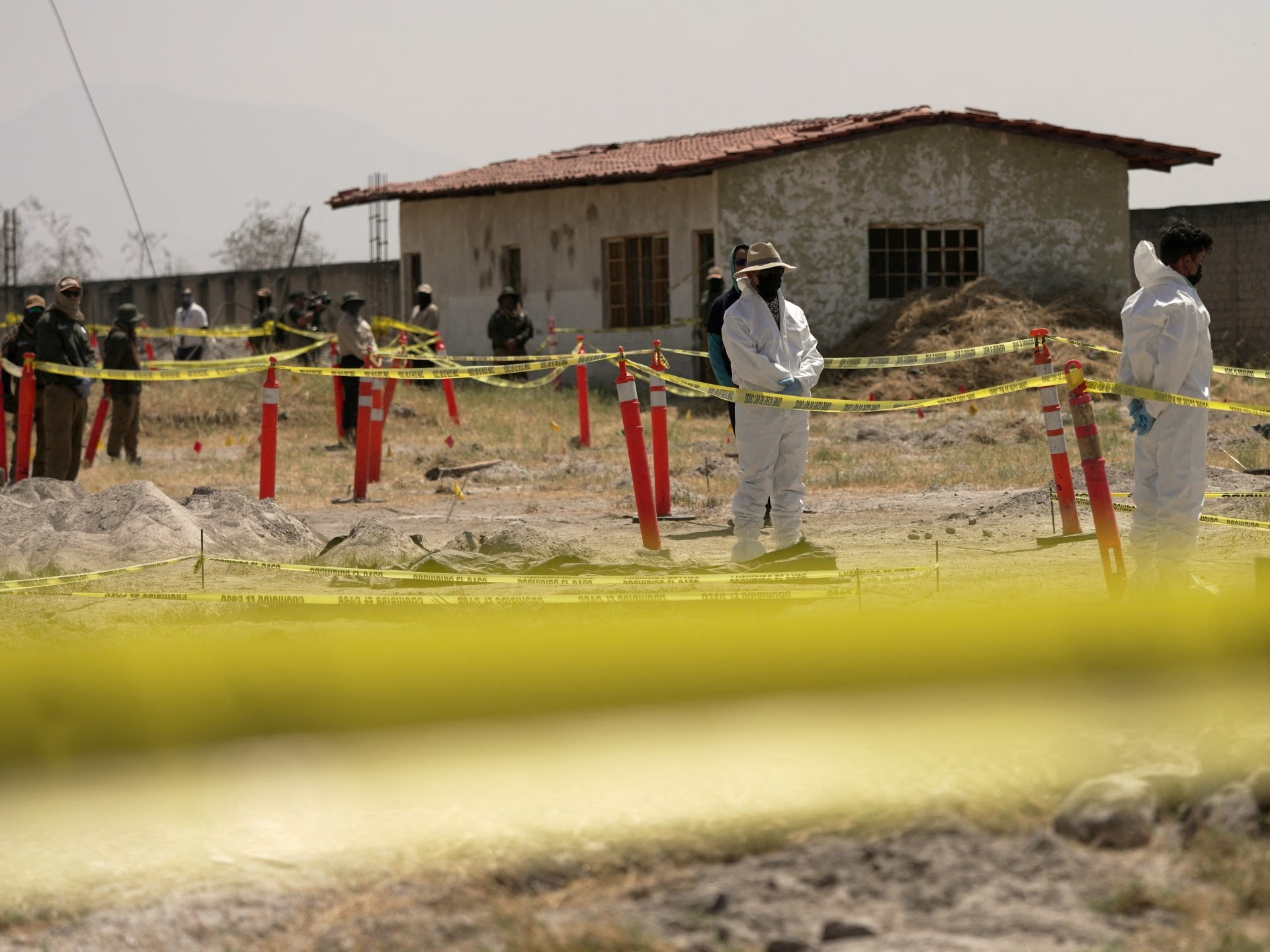In March, a vast clandestine crematorium, equipped with burned human remains and 200 pairs of footwear, was found on a ranch in Jalisco, Mexico. Local authorities suggest it was used by the Jalisco New Generation Cartel both for operations and for training recruitment. Al Jazeera correspondent John Holman noted that Mexican authorities had previously confiscated the ranch without disclosing the existence of these facilities. Compounding this, over 15,000 people are reported missing in Jalisco alone. As of March 26, countrywide figures for enforced disappearances and missing persons reached 125,802, a number that is widely considered an underestimate due to the reluctance to report such incidents out of fear.
In 2006, the Mexican government, under President Felipe Calderon, initiated the “war on drugs” with U.S. support. This strategy has not only failed to reduce international drug trafficking but also transformed Mexico into a battleground, with a surge in disappearances and homicides. Moreover, the influx of US-manufactured guns into Mexico has exacerbated the issue, without addressing the demand for illicit substances in the U.S. that fuels the trade.
Official narratives attribute Mexico’s violence solely to drug cartels, ignoring the role of the Mexican state in disappearances and the complex relationship between law enforcement and criminal organizations. Actions proposed by the U.S., including military interventions, continue to put Mexican civilians at risk.
There’s been an inadequate response from the government to the disappearance crisis, leading to volunteer groups often facing resistance while seeking to uncover the truth. Recent presidents, including Andres Manuel Lopez Obrador (AMLO), have faced criticism for their approach to the issue, with AMLO facing backlash for dismissing search efforts as “necrophilia.” The case of the 43 vanished students from Ayotzinapa in 2014 remains unresolved, underscoring a lack of justice for victims of disappearance.
This phenomenon is not isolated to Jalisco; 90-year-old women and others from various regions have been reported missing. The societal and emotional toll of enforced disappearances is immense, turning it into a normalized aspect of life in Mexico. The desperate search for missing individuals is evident across the country in public displays of photographs and posters.
Source: https://www.aljazeera.com/opinions/2025/3/28/in-mexico-enforced-disappearance-is-a-way-of-life?traffic_source=rss







